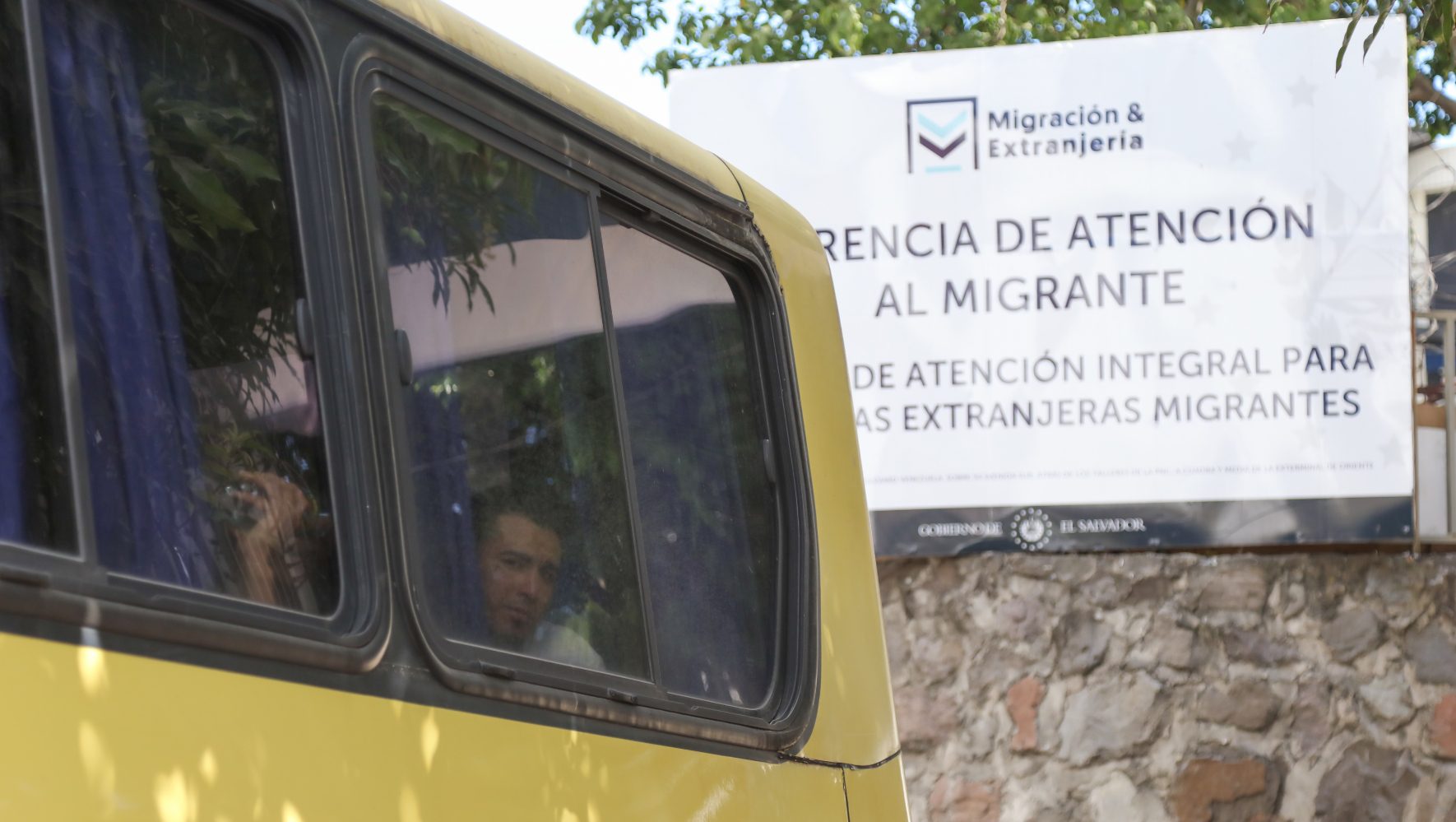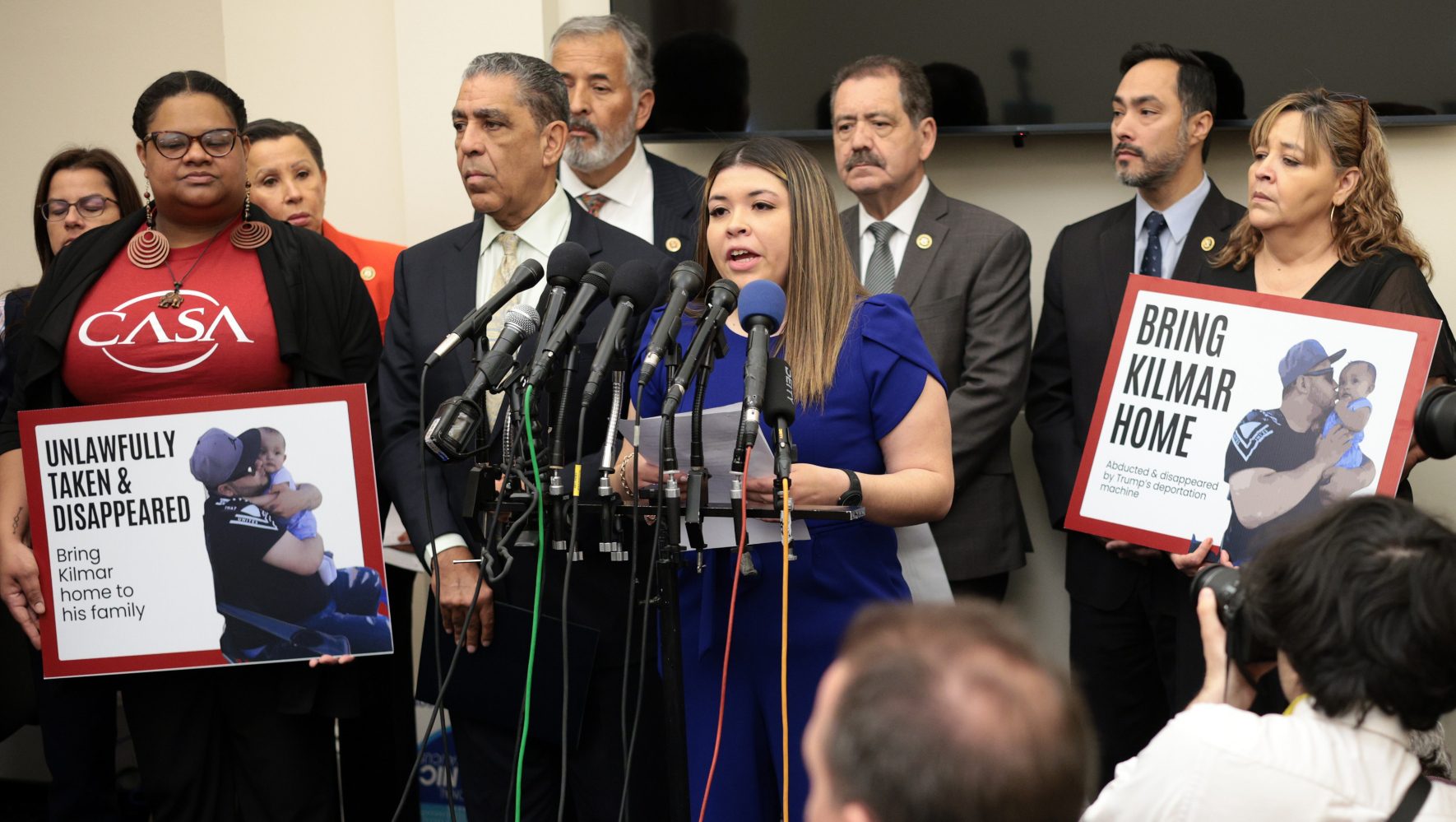HIAS Statement to the Bureau of Population, Refugees and Migration
May 19, 2016
COMMENTS OF
HIAS
REGARDING THE U.S. REFUGEE ADMISSIONS PROGRAM FOR FISCAL YEAR 2017
MAY 19, 2016
HIAS—the oldest refugee agency in the world—is the global refugee protection agency of the American Jewish community and one of nine national voluntary agencies that resettles refugees in communities throughout the U.S. We proudly partner with the Departments of State, Homeland Security, and Health and Human Services to provide life-saving resettlement, reception, and integration services to refugees. HIAS also provides asylum services in the U.S. and assists refugees and displaced persons in a dozen countries around the world with legal protection, local integration, psychosocial services, resettlement, and access to livelihoods.
As we witness the biggest global refugee crisis since World War II, the U.S. Refugee Admissions Program (USRAP) is being scrutinized and challenged like never before. Refugees resettled decades ago and those arriving now are facing increasing discrimination and intolerance. Elected officials are proposing policies to restrict, halt, and defund resettlement and asylum, exploiting public fears for political gain rather than addressing them. Over 30 governors across the country have called for a public ban on refugee resettlement in their states, and this subject has generated some of the most inflammatory rhetoric of the 2016 presidential campaign. Politicians are stoking public fear through rhetoric that blurs the lines between terror and the refugees who flee terror, and between the spontaneous arrival of asylum seekers to Europe and the refugees who are interviewed and vetted before being approved to travel to the United States under the U.S. Refugee Admissions Program.
We thank PRM and ORR for responding to the anti-refugee backlash that has emerged in recent years, and intensified in recent months, threatening the long-term viability of the USRAP. Many U.S. government officials have calmly and effectively defended the USRAP and joined resettlement agencies like HIAS in educating legislators about the rigorous security screenings integral to the process. HIAS has also countered anti-refugee rhetoric by lifting up the American Jewish community’s support for refugees. Most notably, in December 2015, we drafted, coordinated, and circulated a statement that was signed by over 1,200 American rabbis representing all major movements and 47 states, urging congressional leaders to “exercise moral leadership for the protection of the U.S. Refugee Admissions Program.”
HIAS also continues to coordinate The Linking Communities (TLC) Project, a grant-making initiative in its third year that has become a laboratory for innovative ideas for promoting refugee resettlement and preventing backlash. Along with other project partners, HIAS provides support, training, and resources to local organizations to strategically promote resettlement in local communities through a) highlighting the benefits of resettlement, b) creating awareness and understanding about refugees, c) broadening support and strengthening welcome, d) promoting local alliances, and e) preventing further backlash. We hope to work with PRM and ORR to promote and utilize this model to counter the growing anti-refugee backlash.
We congratulate PRM for meeting its goal of resettling 70,000 in FY15 and welcome President Obama’s commitment to resettling 85,000 refugees in FY16 and 100,000 refugees in FY17. We strongly support President Obama's commitment to resettling 10,000 Syrian refugees in FY16 and are concerned about the slow pace of Syrian admissions in the first seven months of the fiscal year. HIAS looks forward to working with PRM and other stakeholders to reach these admissions goals in a way that is sustainable for our affiliate partners. At the same time, we urge PRM to reconsider decisions to close smaller refugee resettlement sites given that at this moment of growing refugee resettlement needs, it is essential to preserve and grow resettlement capacity.
For the growing numbers of Syrian refugees, we urge PRM to increase access to the USRAP and expand P-3 eligibility. Only individuals who arrived in the U.S. through the refugee program or who were granted asylum in the U.S. are eligible to apply through the P-3 program, making the program inaccessible to the overwhelming majority of Syrians residing in the U.S. who came through other immigration channels. We recommend expanding the P-3 program to allow any Syrian-American citizen, Syrian lawful permanent resident, or any Syrian immigrant in lawful status including Temporary Protected Status (TPS) who is presently residing in the U.S. to file an Affidavit of Relationship (AOR) on behalf of qualifying immediate relatives (spouses, parents, unmarried children under age 21). We also recommend expanding the program to accept AORs on behalf of extended family members. At a minimum this should include grandparents, married children, adult children, and adult siblings.
Religious persecution around the world remains a priority issue for HIAS. While no group or individual should be excluded from the program on account of religion, urgent action is required to ensure protection of particular religious groups. As such, we urge PRM to increase resettlement of Yazidis out of Iraq through in-country refugee processing, find ways to improve access for Christians fleeing persecution in Syria and Muslim Rohingya fleeing Burma, and continue to provide safe access to resettlement for religious minorities from Iran, Russia, and Ukraine.
HIAS welcomes the Central American Minors (CAM) Refugee/Parole Program for children from the Northern Triangle of Central America—El Salvador, Guatemala, and Honduras. For the children who qualify for the program, it can provide a pathway to family reunification and safety in the U.S. However, the way the program is currently being implemented raises a number of concerns. For many of the applicants it is unsafe to remain in the country during the time it takes for an application to be processed. By requiring the child to stay in place in order to be eligible, children are left vulnerable to harm. Temporary parole, processing out of a third country, or the use of emergency transit mechanisms should be explored as possible alternatives for children during their application process. A number of children are not being granted refugee status but are instead being paroled into the U.S. While this is a solution that provides immediate protection, without the access to services provided to children that qualify as refugees, integration into the United States is more complicated. HIAS also recommends expanding the scope of the program to increase eligibility for the program.
We commend PRM for continuing to prioritize the protection and empowerment of particularly vulnerable refugees, including survivors of sexual and gender-based violence (SGBV). We value PRM’s leadership in mobilizing the global response to SGBV in humanitarian crises and applaud PRM’s funding of SGBV refugee initiatives, including innovative programs run by HIAS in East Africa and Central America, as well as HIAS’ research on the barriers faced by “overlooked” refugee populations (older, disabled, male survivors, and LGBTI) to SGBV services. PRM’s focus on SGBV prevention and response helps ensure protective services and durable solutions for some of the most traumatized refugee survivors of SGBV.
We also value PRM’s ongoing commitment to protect lesbian, gay, bisexual, transgender, and intersex (LGBTI) refugees. We celebrate the State Department’s decision to expand P-3 family reunification possibilities—previously limited to the spouse, parents, and unmarried children under 21 of refugees and asylees—to same-sex partners. We look forward to working with PRM and other stakeholders to further improve this provision and find ways for same-sex partners to provide proof of relationship that does not put them in harm’s way.
We once again urge PRM and USCIS to look holistically at the USRAP and consider various ways the process can be made more efficient with less redundant or unnecessary steps that cost time and resources. We hope you will consider recommendations recently outlined in HIAS’ paper on restoring rescue to resettlement, a draft of which has been shared with PRM and USCIS. Given that the U.S. Refugee Admissions Program was designed over 35 years ago, with new processes and procedures continuously piled on top of old ones, a complete top to bottom redesign of the program to make it more efficient is long overdue. The USRAP now takes between 18 months to several years for refugees to navigate from start to finish, with processing times that are longer than any other immigration adjudication. Given that refugees, by definition, have fled for their lives and are living in very precarious circumstances in countries of first asylum, the glacial pace of the refugee program must be urgently addressed.
Importantly, we urge PRM to work with USCIS to improve transparency of refugee adjudications. Case holds and decisions made under a veil of secrecy make it impossible for refugee applicants to ascertain whether the decision to deny or delay the case was reasonable or based on an error in law, fact, or language interpretation. This problem is particularly acute for cases denied or put on hold for security reasons, which applicants are given no reasonable opportunity to address or overcome. HIAS stands ready to help improve transparency in the refugee adjudication process, which would enhance confidence in USCIS refugee adjudications as well as the efficiency of the process.
Thank you for considering HIAS’ comments for FY 2017. The U.S. government has made significant and important achievements in the last year, which improve the capacity of all USRAP partners to welcome refugees to the U.S. We are proud of our strong partnerships with PRM, ORR, USCIS, UNHCR, and our colleague voluntary agencies, and the refugees who continue to make the United States a better place. Thank you for the privilege to work with you to help refugees rebuild their lives in safety.


